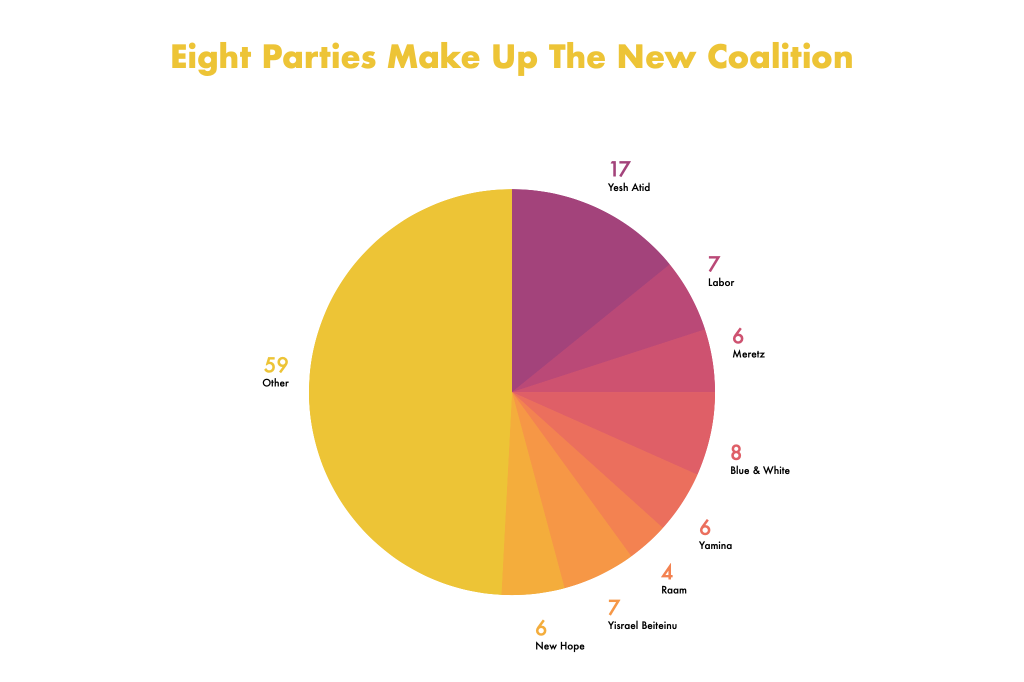In the wake of the ceasefire on the 21st May between Israeli forces and Hamas (Gaza’s Arab fighting force). Eight of Israels political parties have moved to form a new government after pushing for a vote of no confidence against the current government headed by Prime Minister Benjamin Netanyahu.
Netanyahu has been criticised worldwide for what has been seen to be the “callous” and “reckless” bombing of Palestine over the previous 11 days, which saw over 250 people killed, most of them Gaza.
The average age of a Gaza resident is 17 years old. Detractors point to the harm and loss of Palestines youngest and most innocent; as “careless” and “horrific”.
But the group, from across Israel’s political spectrum, still needs parliamentary backing to take office.
In his first comments since the coalition was announced, Mr Netanyahu urged members of the Knesset “elected by votes from the right” to oppose the coalition.
In a post on Twitter, he criticised them as “left-wing” and “dangerous”. He has previously called the proposed new government the “fraud of the century”, saying it endangered the state and people of Israel.
It seems that Mr. Netanyahu will not take this lying down.
Observers have already noted that it seems that even though the current PMs majority has not formed its own coalition yet, that does not mean that he will allow enough support for the oppositions cause.
With no date set for a vote of no confidence, Netanyahu still has time to block proceedings before allowing the movement to get off the ground.

News of a fresh coalition emerged on Wednesday, when Yair Lapid, leader of the centrist Yesh Atid party, called President Reuven Rivlin to let him know that agreement had been reached.
In a statement, he revealed that the newly found agreement would allow them as a collective to “work in the service of all Israeli citizens… respect its opponents and do everything in its power to unite and connect all parts of Israeli society”.

Under a rotation arrangement, the head of the right-wing Yamina party, Naftali Bennett, would serve as prime minister first before handing over to Mr Lapid in August 2023.
In a deal many thought impossible, the new government will include Arab-Isreali party Ra’am, for the first time in it’s history.
In a statement chief Mansour Abbas said “This is the first time that an Arab party is part of the process of forming a government. We of course hope that it works and that a government will rise after four rounds of elections,”.
The other five parties included in the agreement are:
- Kahol Lavan (Blue and White) (centrist) – led by Benny Gantz
- Israel Beiteinu (centre-right to right-wing nationalist) – led by Avigdor Lieberman
- Labor (social-democratic) – led by Merav Michaeli
- New Hope (centre-right to right-wing)- led by Gideon Sa’ar
- Meretz (left-wing, social-democratic) – led by Nitzan Horowitz
If the coalition fails to win the support of a majority in the 120-seat Knesset, there is a risk of a fifth election in two years. All eight parties were needed to secure the 61-seat majority. With many observers believing that if it were to fail, this may insight Mr Netanyahu to change legislation to prevent this from happening in the future.

